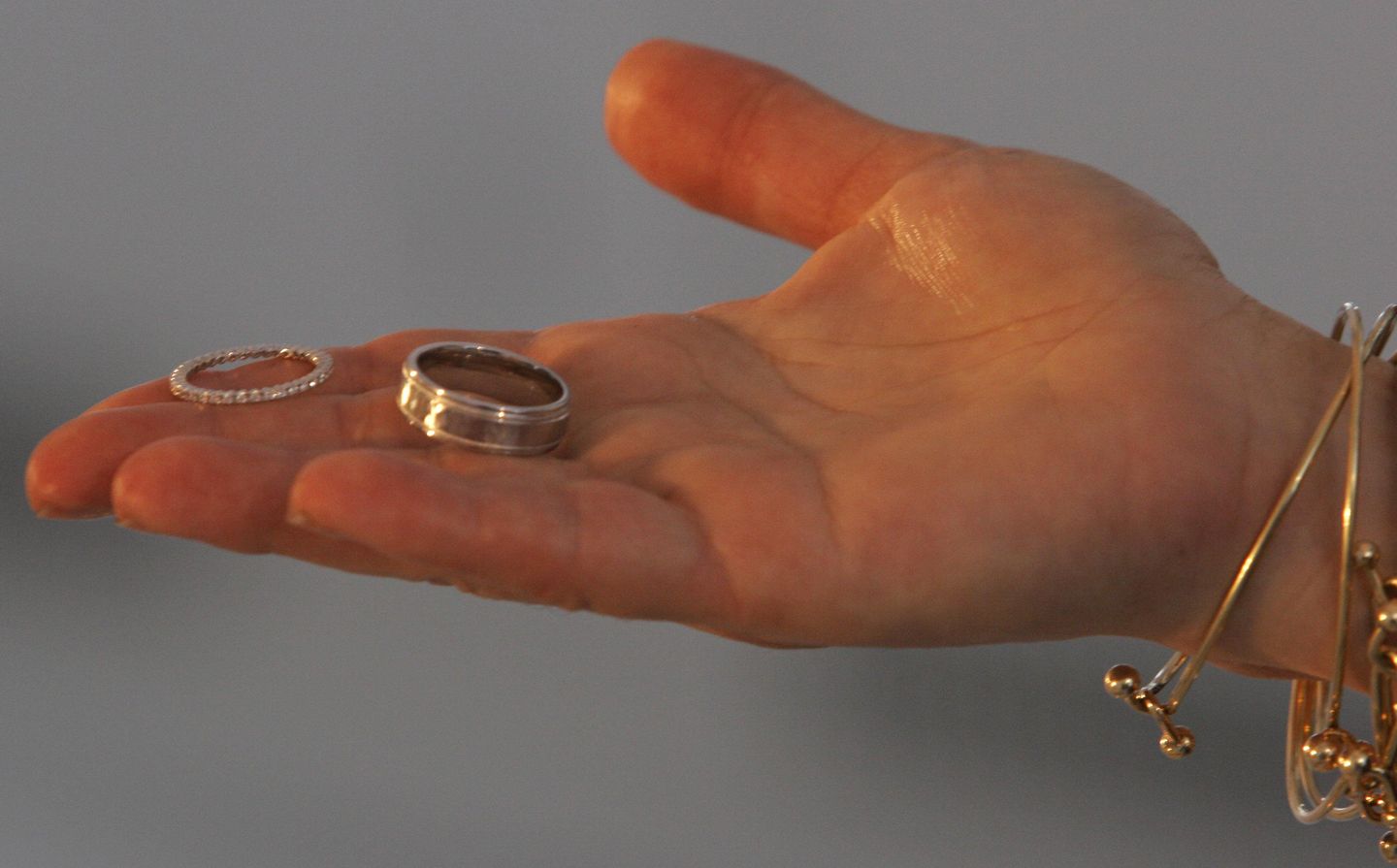
A recent study shows that the children of divorce are likelier than those in two-parent homes to be poor, get pregnant as teens, rarely see one parent, serve jail time, skip college and die early.
The findings published last month by the National Bureau of Economic Research tracked more than a million children of divorced parents for over 50 years, the largest study of its kind. Three researchers from the Census Bureau, University of Maryland and University of Texas analyzed the linked tax and Census records of more than 5 million children for comparison.
“Following divorce, parents move apart, household income falls, parents work longer hours, families move more frequently, and households relocate to poorer neighborhoods with less economic opportunity,” researchers Andrew C. Johnston, Maggie R. Jones and Nolan G. Pope wrote in a summary of the results. “This bundle of changes in family circumstances suggests multiple channels through which divorce may affect children’s development and outcomes.”
Among the one-third of U.S. children whose parents divorce, the nonprofit Massachusetts research center found a 60% higher risk of teen pregnancy and a “sharp and persistent” increased chance of dying before adulthood. These children also had a 40% higher risk of jail time and were half as likely to attend college than those whose parents stayed married.
Researchers noted that those who experienced parents divorcing in early childhood made 13% less money than their peers by their late 20s, the equivalent of losing a year of education or growing up in a lower-income neighborhood.
On average, the study found divorced parents lived 100 miles apart from each other, causing the children to lose contact with one of them. At the same time, the single parent raising them worked longer hours, reducing parental contact even more.
The findings build on decades of research illustrating the harmful effects of divorce on spouses and children.
The book “Get Married,” published last year by University of Virginia sociologist Brad Wilcox, pointed to earlier research showing that the children of divorced parents are “almost twice as likely to be suspended or expelled from school,” 75% likelier to use drugs and “about half as likely” to finish college.
Mr. Wilcox on Friday said the National Bureau of Economic Research findings affirm his conclusion that people who believe single, childless and divorced adults are happier have deceived themselves.
“This important new study shows that one mechanism that explains why kids suffer from divorce is that it leads their parents to abandon their home and dads to lose regular contact with the kids,” Mr. Wilcox said.
Research has long shown that most divorces result in children living with their mothers, not fathers, putting increased strain on women.
According to an analysis of 189,417 mothers published last month in JAMA Internal Medicine, an increase in single and low-income mothers drove the share of mothers reporting “excellent” mental health down from 38.4% in 2016 to 25.8% in 2023.
Mothers describing their emotional state as merely “good” in response to public health surveys rose from 18.8% to 26.1% over the same period. Those claiming a “fair/poor” psyche increased from 5.5% to 8.5%.
The National Bureau of Economic Research study published last month found that changes in family resources, neighborhood quality and parent proximity explained 25% to 60% of divorces’ effects on children.
John V. Campo, director of child and adolescent psychiatry at Johns Hopkins Children’s Center, said the study should give parents pause about rationalizing divorce as something “better for the kids.”
He said he’s never seen any research showing that “kids are fine after divorce.”
“That’s true in some cases, but not for the most part,” Dr. Campo said. “The decisions we make about our relationships have implications for our kids. Correlation’s not causation, but you should enter into divorce with eyes open and think of how to support your kids in the process.”
According to mental health professionals, pandemic-era economic pressures have made things even harder for divorced mothers.
“The pandemic intensified every known stressor: job loss, loss of child care, housing instability and a collapse of social networks,” said Elika Dadsetan-Foley, a social worker and executive director of Visions Inc., a mental health nonprofit.
Marilyn Cross Coleman, a clinical social worker and perinatal psychotherapist in Sacramento, California, noted that rising child care costs have also outpaced inflation in recent years.
“I feel that society is asking our mothers to do far more with far less support,” Ms. Coleman said. “We have fewer financial supports for mothers, less time, few community resources, and far less access to maternal health and mental health resources.”
Multiple studies have shown a surge in anxiety, depression and substance abuse since the pandemic, adding to the struggles of divorced and low-income families to get by.
“This is thought to be due to increased social isolation and loneliness, financial stressors, as well as disparities in access to mental health care,” said Dr. Ashwini Nadkarni, an assistant professor of psychiatry at Harvard Medical School.












